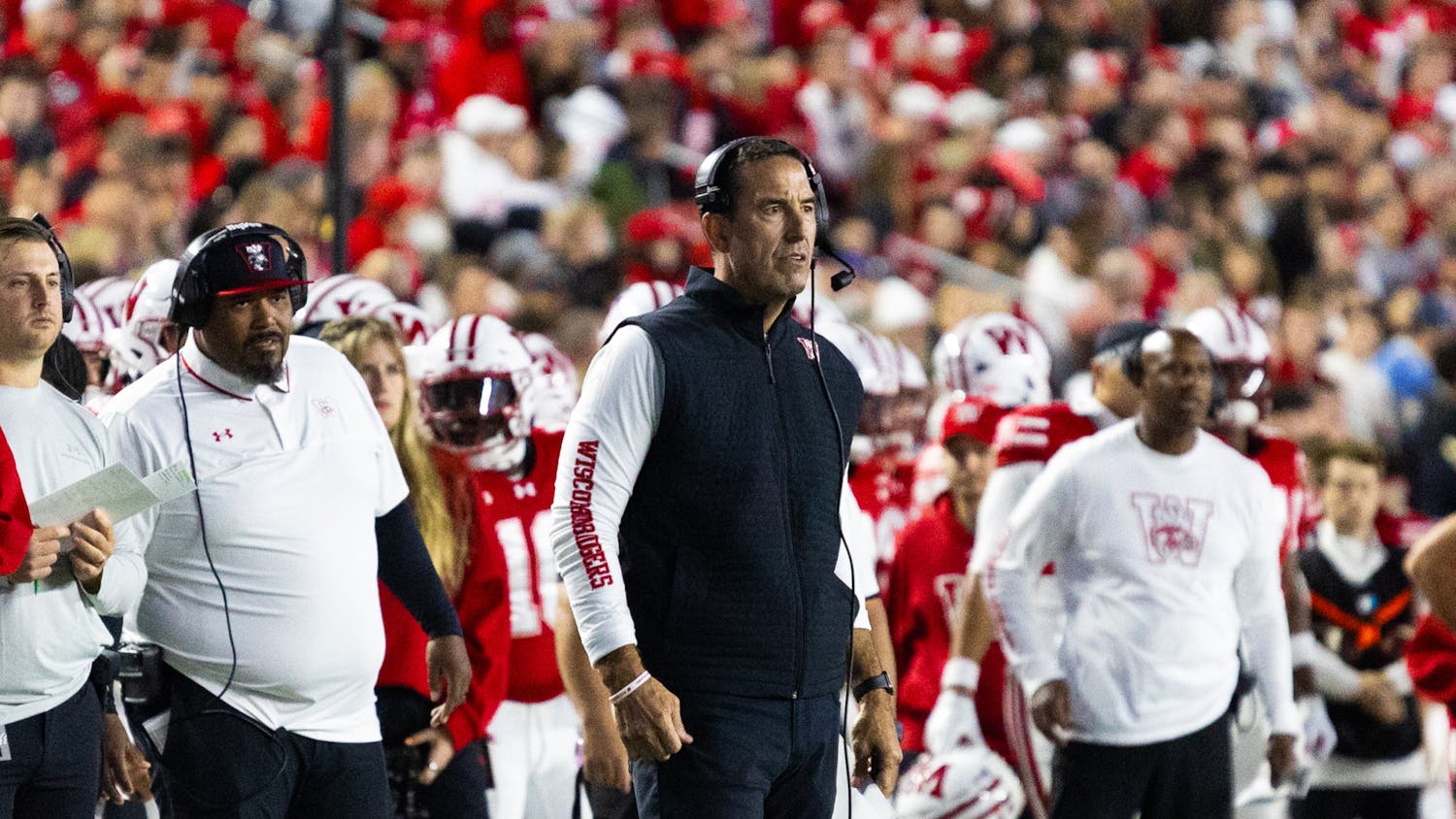In the most recent cover story of Time Magazine, Sean Gregory lays out the case for colleges paying their athletes, particularly football players, salaries in a way that would finally give the foundation of the NCAA what it deserves.
This is a noble intention and yes, in a perfect world, someone would pay every player in the NCAA what he or she is worth. But here’s the thing about a perfect world: it just doesn’t exist.
Subjectively determined salaries for athletes would be an absolute mess.
It all starts with the first question about salaries: “How do we decide how much each player should make?”
It’s ultimately a decision between colleges deciding players’ salaries or a more market-based solution, such as allowing players to profit from name rights.
Gregory proposes a privatized system with a max salary of $30,000. What does this solve?
Players already receive more than that in the form of a scholarship and under this system, the superstars of college football would still be getting screwed. Johnny Manziel is definitely worth a heck of a lot more than $30,000 a year to Texas A&M.
And how would we decide salaries? One solution gives coaches or athletic directors the ability to divvy up a payroll each year and give money to the players they believe deserve it.
This could be disastrous. People don’t like being told they’re worth a fraction of their workout buddy. Would colleges make a salary offer during recruiting? Under that system some of college’s best stories, like JJ Watt who came out of nowhere, would never get their financial due.
Also, do we keep salaries specific to each university, or do we institute an even salary cap across the entire FBS? Just a hunch, Alabama players may be deserving of a bit more money than Bowling Green players. And if we allow Alabama to dip into its unfathomable coffers and allow it to pay its players more?
Imagine the idea of recruiting against a university that can pay a backup linebacker more than you pay your entire offensive line.
That’s not to mention that some athletic departments are barely paying the bills at it is. The primary reason that Maryland is joining the Big Ten is that its athletics department is totally bankrupt and needs some Big Ten moolah. Adding hundreds of thousands of dollars from the football payroll to the bills could cripple some teams, which in turn would weaken the conferences that were supporting them.
The questions don’t stop there. How do we pay basketball players? Some programs make money, others are less than financially viable.
Men’s sports bring in the majority of most school’s athletic revenue, but many wouldn’t agree with only compensating male athletes. Does this violate Title IX?
Do we only give a few of those players salaries, in lieu of the rest of their team? What’s stopping players from unionizing now they are salaried employees of the university?
What’s to stop a 5-star quarterback recruit from saying, “Give my two buddies a 30 grand max salary and I’ll play for you?”
Would anyone really expect the NCAA to come up with a payroll system that would answer all of the above questions? This is the same entity that couldn’t come up with a better name for its college football playoff than College Football Playoff and recently botched its investigation of Miami due to nothing short of a total procedural meltdown. They can barely do their actual jobs and now we’re going to put them in charge of creating a shadow economy?
Salaried football players are a pipe dream, not a realistic proposal. In the end, the answer is simple: let players make money off of their name, but don’t pay them to play. Let football players receive money for their name rights in NCAA Football ‘14. Let them appear in commercials. Put their names on jerseys sold by the boxload and give them the royalties they deserve.
This would be easy for the NCAA to police and it would implicitly give each player what he’s worth. This is a market-based solution, and markets are a lot better at determining someone’s worth than football coaches or NCAA administrators.
Allowing players to receive money for their name rights will stop the antiquated idiocy that the NCAA keeps tying its financial reins to and will give a player the market-decided income that he deserves. And I can finally buy a Badger jersey that actually has, say, Montee Ball’s name on it and not one that just happens to share his jersey number.
What are your thoughts on paying college athletes? Email jfbaer@wisc.edu and let Jack know what you think.






